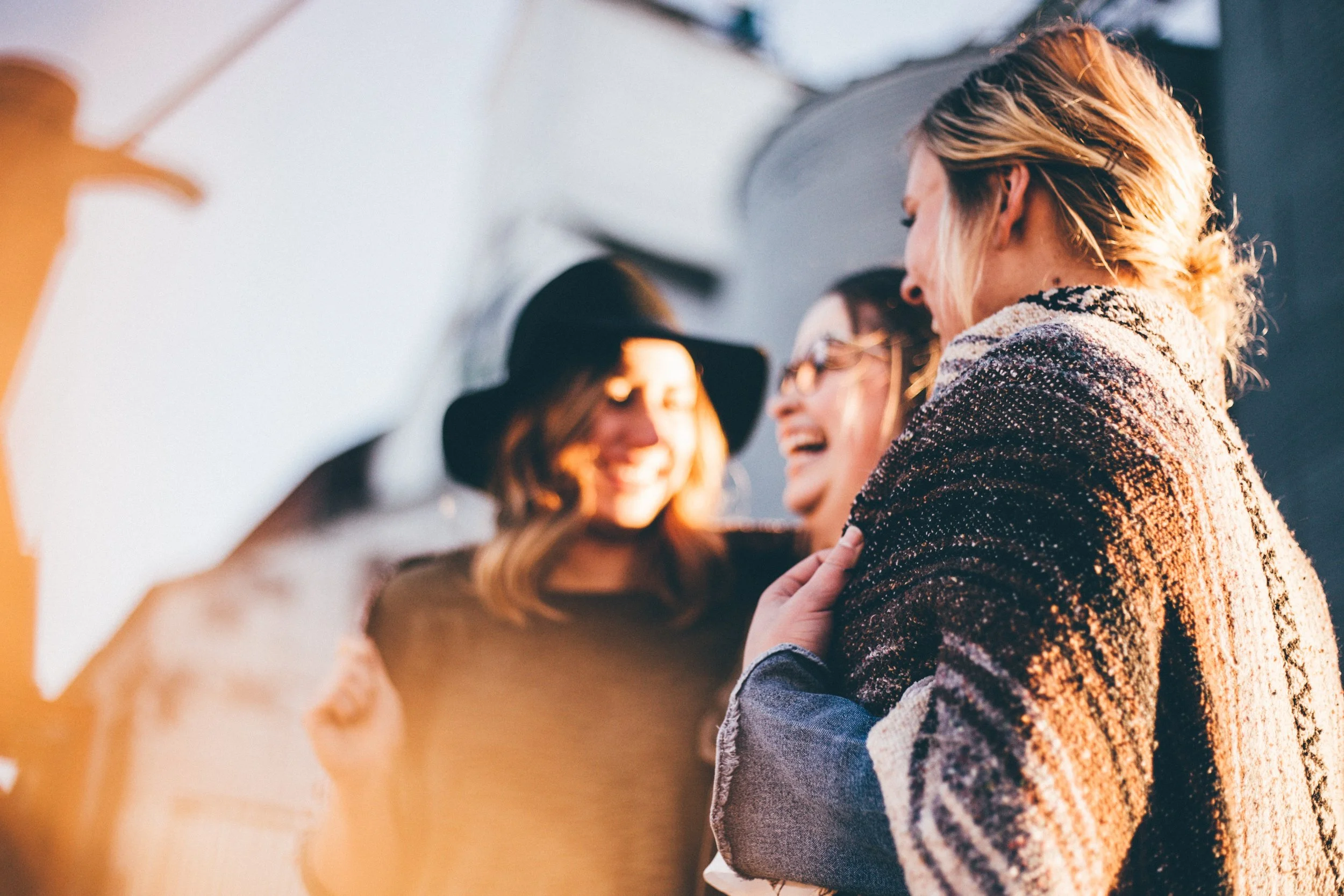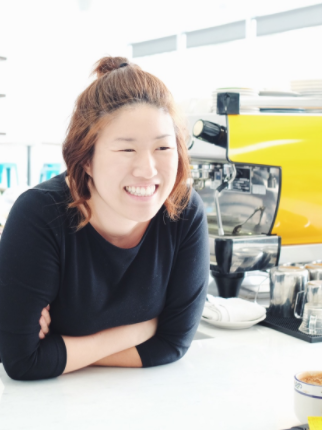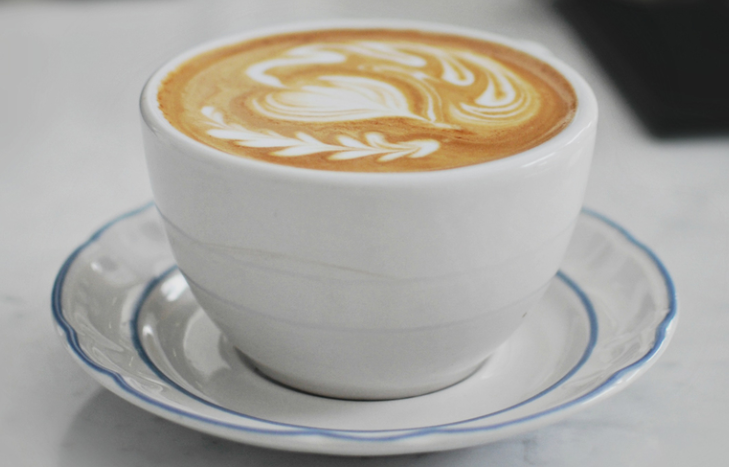For our ‘Humans of MHT” series this month, we are featuring an interview between Kate Maher, LMFT, and Jennifer Jackson, MSW. In this interview, Jennifer speaks with Kate about her perspective of humanness and how that plays out in her work as a clinician. Kate shares about the necessity of embracing connectivity amid struggles and situations that lead to grief, sadness, and confusion.
Below you will find the interview transcript.
Jennifer Jackson: Hi, Kate.
Kate Maher: Hi, Jennifer.
JJ: Good to see you.
KM: You too. I'm looking forward to this.
JJ: So today we get to talk about some things about humanness and what that means to us. But first…We started about the same time, about a year ago.
KM: Yeah, we did. We’re coming up on a year anniversary. So kind of growing together in this. All those growing pains.
JJ: So today I thought maybe I could share what the topics are and then you can kind of start wherever you are inspired. Yeah?
KM: Love it.
JJ: So the question I have for you is what humanness means to you? How does humanness show up in your work as a clinician? And what poem have you read that speaks to you currently and why?
KM: I think I'll start with part three because it's been kind of marinating on this topic since knowing that we were going to be able to hang out today and explore this. And it's not a poem that I've read recently, but it is a poem that I hold very close to my heart. It's called “Individuation” by Avah Pevlor Johnson. And it is written by Avah Pevlor Johnson as the mother of a playwright, Cindy Lou Johnson, who wrote this play called Brilliant Traces. And so at the beginning of the play is this poem. And within the play, without going into the whole story, it's the coming together of two very scarred, grieving souls. Two people come together in this cabin in the middle of a blizzard, in the middle of the wilderness of Alaska. And they are one of them running away from life, and the other one is hiding from life. And throughout the play, you're brought together through their connectiveness and essentially movement towards healing and growth together as these two complete strangers. So that is the crux of the play's narrative, Brilliant Traces. And the poem is, like I said, written by the mother of the playwright. And I'll just read the poem. It starts with,
If I must be wrung through the paradox,
broken into wholeness,
wrung me around the moon;
pelt me with particles from the dark sideFling me into space;
hide me in a black hole.Let me dance with devils on dead stars.
Let my scars lead brilliant traces,For my highborn soul seeks its hell -
in high places.
And the phrase let my scars leave brilliant traces really resonates with me. And Brilliant Traces is the title of the play. I've been carrying that with me since college when I actually first saw this play. And as you know, but others might not, my first life was as an actor and a performer and a thespian and a theater nerd where I feel my immediate hunger for understanding the human condition got to be totally explored and satiated through play and story and connectivity and making meaning, essentially, of our individual personal traumas and also the stories and traumas of those before us. When I think back to classical theater and these stories that keep being told repeatedly, we get to relive as performers.
So all in a roundabout way of how the poem continues to speak to me in the here and now as I've arrived as becoming a therapist and moving into a different field. Above all, I feel it just really speaks to seeking a higher ground when we are in the throes of immense turmoil and confusion and struggle and that it's not so much just about learning how to deal with the struggle or just to survive the struggle, it's also about finding the portals in the midst of the struggle where we get to connect with beauty and grace and empathy and connectivity. So that last line of the poem, for my high born soul seeks its hell in high places. If I must be thrown into this world, let me do it with just fierce abandon and bravery. And if I'm going to be flung around, which I feel like we all can relate to the past two and a half years of just dealing with unknown and unpredictability and very unprecedented times, that let's just go for it and keep opening ourselves up to the unknown, which I imagine is what that poem kind of invokes.
“It’s not so much just about learning how to deal with the struggle or just to survive the struggle, it’s also about finding the portals in the midst of the struggle where we get to connect with beauty and grace and empathy and connectivity.”
Yeah, so multiple layers there. And like I said, the play itself is one of my favorite plays. It's the story of how people rise above and make meaning of their sadness and grief. And I wholeheartedly feel like that's not possible without connectivity.
So the second part of the question around how I find this humanness showing up in our clinical work is through connectivity and through the meeting of minds and the meeting of experiences together. And it's been such an incredible journey moving away from being a performer on stage and really moving into a really unique sacred space where somebody comes in and sits in front of you and shares themselves with themselves. And we get to as therapists, we get to be along that journey too. We get to be wrung through that paradox too. I think that's a real gift and privilege and challenge and brings me back to that connectivity that I think is so powerfully necessary in humanness.
JJ: Absolutely. That's such a beautiful way to look at it.
KM: Thanks. I wish I wrote it. It doesn't seem to die away. I never seem to outgrow it.
JJ: Each phase of life I would imagine you’d able to come back to it and find ways to connect new meaning.
KM: Absolutely. That's the hope. Yeah. And I'm trying to think of anything else that comes together when I think of what humanness means to me. And I keep trying for the journey towards curiosity. Unfortunately, I'm a little more organized at wanting answers, which I think is part of humanness. But there's a growing edge within me that I continue to try to search with the perspective of just being curious. And that the edge. You never actually arrive to the cliff. It just keeps going and going, you know, with curiosity around why we are feeling, how we are feeling, what has carved into us, what has left scars and brilliant traces and how those keep expanding within ourselves. Yeah, I think that's kind of where I landed so far.
“Unfortunately, I’m a little more organized at wanting answers, but there’s a growing edge within me that I continue to try to search with the perspective of just being curious. And that is the edge. You never actually arrive at the cliff. It just keeps going and going, you know, with curiosity around asking why we are feeling, how we are feeling, what has carved into us, what has left scars and brilliant traces, and how those keep expanding within us. ”
I guess I'm thinking more too, around how it shows up in clinical work when I find myself wanting to arrive at answers in the room with clients, probably so much so because I imagine it would provide comfort and peace. And that's my own also growing edge as a therapist, that really there's healing to be made and connection to be fostered without answers.
JJ: And I would imagine as a performer, that curiosity about humanity and the depth is just such a part of you.
KM: Yes. Especially with theater. I never really crossed over into the film and TV where it felt like very solidified. There was a cut print. It was theater, it was alive every night. You didn't know who was going to drop what. You didn't know if a light was going to go out. You didn't know it was this living, breathing organism that only was going to exist at one time. And if you weren't at that right moment, at that right theater seat, in the right perspective view of the actors on stage, you were never going to have the same performance ever again. And you can never retrieve it again. It just passes by and you take with it what you can. So, yeah, I think that it's something that is ever reaching the targets, always moving, never arrived at one answer or one way.
JJ: Always seeking, always curious. That's kind of a beautiful way to leave that. Always curiosity, the scars leave traces, and and what we make of it, the meaning. I love your idea of connectedness with humanity. And thank you so much for sharing all of that.
KM: Thank you for asking those questions, Jennifer.
Kate Maher, LMFT, provides a culturally sensitive and affirmative space for individuals and couples in all stages of life. She believes that engaging in our own healing work can provide a new state of consciousness for effective change and growth. Kate believes in using an integrative approach tailored to her client’s needs and values their input in deciding how best to work together in the room. She also works creatively with dreams, symbols, and images that can help her clients tap into, as well as awaken, the inner wise parts of their psyche.
Jennifer Jackson, MSW, creates a compassionate, non-judgmental space to collaborate on client goals. With an integrative therapy approach, she fosters a connection where meaningful change can occur, allowing clients to live with more ease and to move forward in life empowered by strengths, both old and new. She approaches the work with cultural humility and an anti-oppressive framework that supports client intersectionality, particularly for those who identify as BIPOC, individuals in the LGBTQ+ community, women, and birthing people in all stages of their perinatal journey from preconception to postpartum.




















